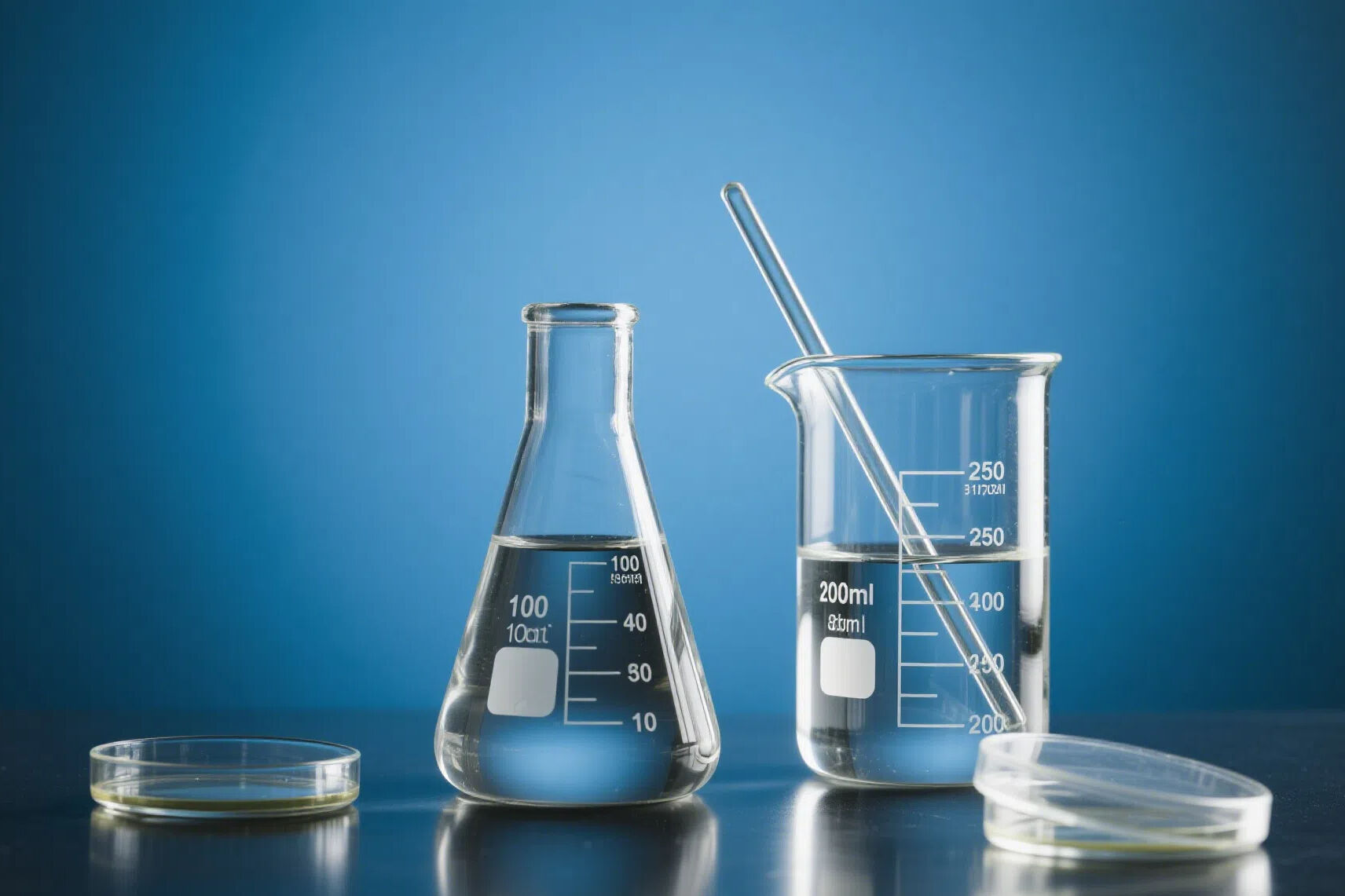아크릴레이트 가격은 원자재 비용, 생산 비용, 시장 수요, 글로벌 공급 동학 등 복합적인 요인의 상호작용에 의해 영향을 받습니다. 특히 아크릴산과 알코올(예: 2-에틸헥사놀)과 같은 단량체 합성에 사용되는 원자재는 석유화학 원료(예: 프로필렌) 가격에 연동되며, 이는 유가, 정제 설비 가동률, 지정학적 사건 등에 따라 변동됩니다. 예를 들어, 프로필렌 공급 부족은 아크릴산 가격 상승을 유발하고, 이는 다시 2-에틸헥실 아크릴레이트와 같은 아크릴 단량체의 비용 증가로 이어집니다. 에너지 비용(가열, 중합, 증류 공정에 소요됨), 인건비, 촉매, 설비 유지보수 비용 등 생산 비용 역시 아크릴레이트 가격에 영향을 미치며, E Plus Chemical Co., Ltd.와 같은 대형 제조사는 규모의 경제를 통해 원가 절감 효과를 얻을 수 있습니다. 특히 아시아 태평양 지역과 같은 성장 중인 지역에서 접착제, 코팅제, 포장재 등 하류 산업의 수요 증가로 인해 소비가 활발할 때에는 가격이 상승할 수 있으며, 경기 침체 시에는 수요 감소로 인해 가격이 하락할 수 있습니다. 운송 비용, 관세, 환경 기준과 같은 규제 준수 비용 등 지역적 요인도 시장 간 가격 차이를 만드는 요인입니다. 제품 사양 역시 가격에 영향을 주며, 고순도 아크릴레이트(예: 99% 순도의 2-에틸헥실 아크릴레이트)나 의료용 등급 또는 고성능 제형과 같은 특수 폴리머는 프리미엄 가격을 형성합니다. 대량 구매 시에는 취급 및 물류 비용 절감으로 인해 단가가 낮아지는 경우가 많습니다. 전반적으로 아크릴레이트 가격은 수요와 공급의 균형과 생산 및 유통 비용의 기저 요인에 따라 변동되는 특성을 띱니다.
